Limited Availability: Treatment beds filling quickly. Call now for immediate placement – (844) 561-0606
Explore a comprehensive guide to 7 inpatient, 5 outpatient, and 7 detox centers across Idaho. Compare costs, reviews, and treatment options to find the perfect rehab facility for your needs.

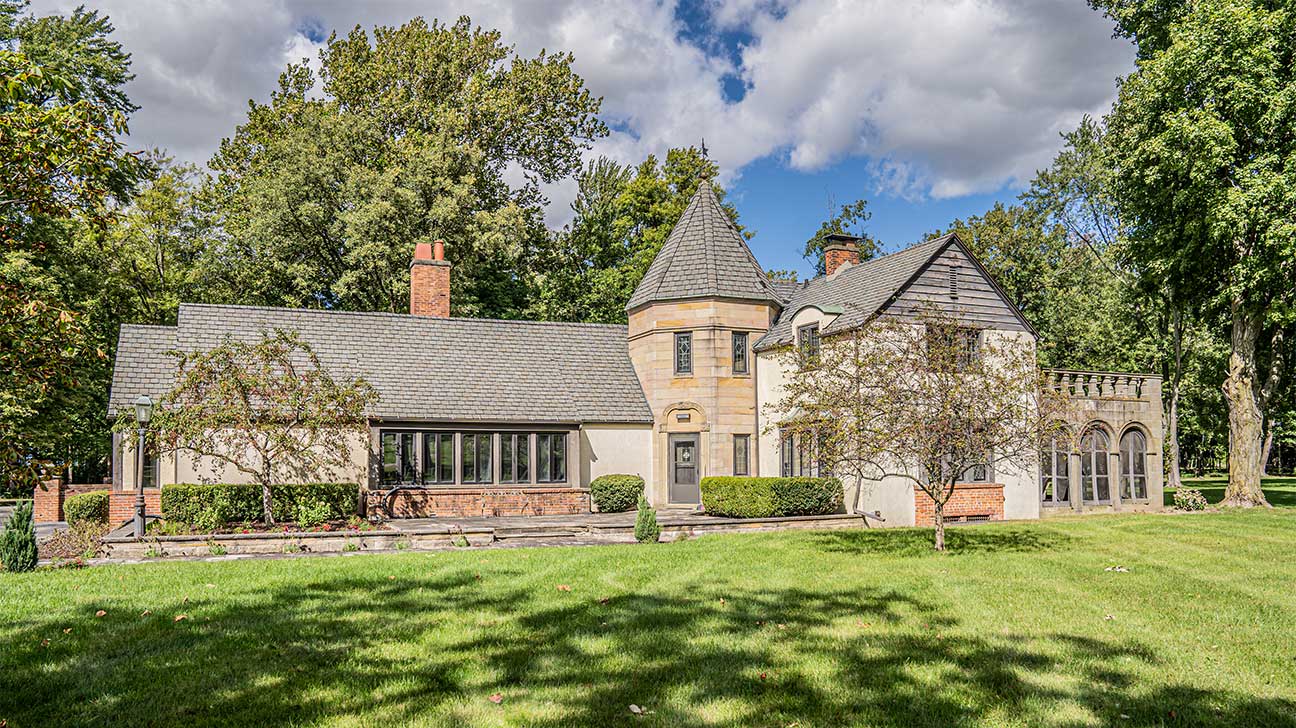 | A Fresh Start Recovery ServicesA Fresh Start Recovery Services in Caldwell, ID, is dedicated to providing compassionate recovery solutions for individuals seeking to overcome substance use disorders. Our facility offers a range of services, including detoxification, residential treatment, outpatient programs, and aftercare support, all designed to meet the unique needs of each client. With a focus on individualized care and holistic healing, our experienced team is committed to guiding clients through their recovery journey in a safe and supportive environment. At A Fresh Start Recovery Services, we believe in the power of new beginnings and the importance of community support in achieving lasting recovery. Contact us today to learn more about our services and how we can help you or a loved one find a fresh start. 1123 Blaine street, Caldwell, ID 83605 | Levels of Care:Detoxoutpatient Payment Options:MedicaidPrivate insuranceSelf-Pay OptionsFinancial AidMedicare | ||
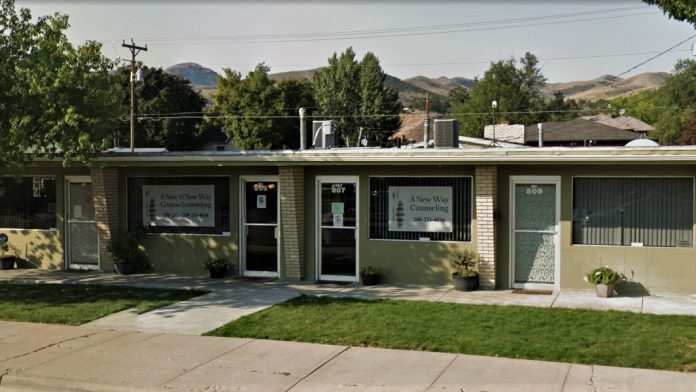 | A New Way CounselingA New Way Counseling in Pocatello, ID, is dedicated to providing professional mental health services for individuals and families seeking support in their emotional and psychological well-being. Our experienced team offers a range of services, including individual therapy, couples counseling, and family therapy, all tailored to meet the unique needs of our clients. With a focus on evidence-based practices and compassionate care, we empower clients to navigate life\\\\\\\\\\\\\\\\\\\\\\\\\\\\\\\'s challenges and foster personal growth. At A New Way Counseling, we believe in creating a safe and supportive environment where healing can flourish. Contact us today to learn more about our services and how we can help you on your journey to mental wellness. 809 N Arthur Ave, Pocatello, ID 83204 | Levels of Care:outpatient Payment Options:MedicaidPrivate insuranceSelf-Pay OptionsFinancial AidMedicareMilitary Insurance | ||
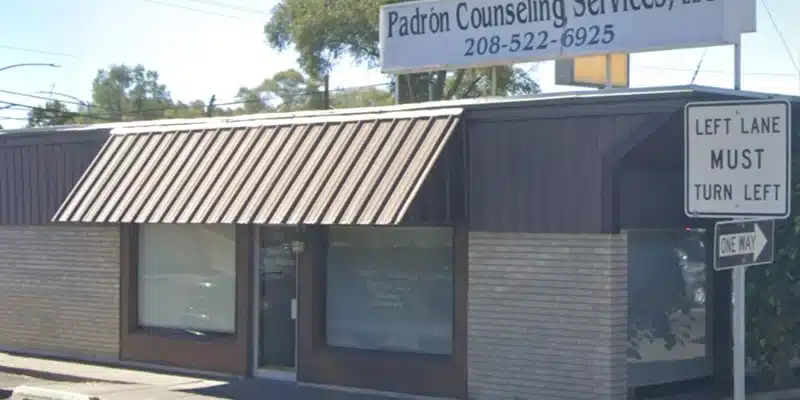 | A to Z Family Services - Blackfoot, IDA to Z Family Services in Blackfoot, ID, is dedicated to providing comprehensive support and resources for families facing various challenges. Our experienced team offers a wide range of services, including family counseling, parenting workshops, and life skills training, all designed to enhance family dynamics and promote healthy relationships. With a focus on individualized care and community engagement, we empower families to work through difficulties together and foster resilience. At A to Z Family Services, we believe that every family deserves the opportunity to thrive. Contact us today to learn more about our services and how we can assist you and your loved ones. 150 South Broadway Street, Blackfoot, ID 83221 | Levels of Care:Detoxoutpatient Payment Options:MedicaidPrivate insuranceSelf-Pay OptionsFinancial AidMilitary InsuranceMedicare | ||
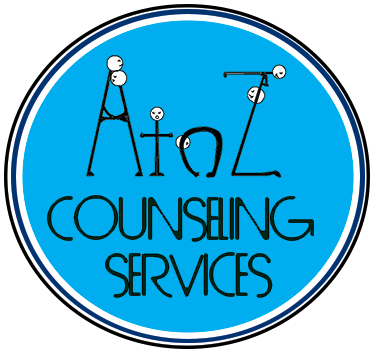 | A to Z Family Services - Orofino, IDA to Z Family Services in Orofino, ID, is dedicated to providing comprehensive support and resources for families seeking assistance with various challenges. Our experienced team offers a wide range of services, including family counseling, parenting support, and educational workshops, all designed to strengthen family bonds and promote healthy communication. With a focus on individualized care and community involvement, we empower families to navigate life\\\\\\\'s complexities together. At A to Z Family Services, we believe that every family deserves the tools and support necessary for success. Contact us today to learn more about our services and how we can help your family thrive. 1275 Riverside Ave, Orofino, ID 83544 | Levels of Care:outpatient Payment Options:Private InsuranceSelf-Pay OptionsFinancial AidMedicareMedicaidMilitary Insurance | ||
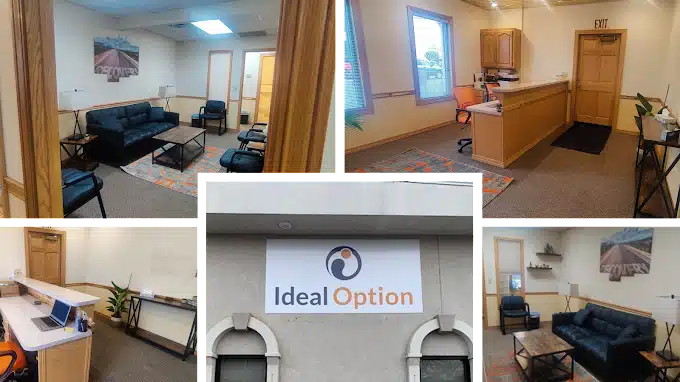 | A to Z Family Services: Idaho Falls, ID380 North Capital Avenue Idaho Falls ID, 83402 | Payment Options:Medicaid Private insurance Self-pay options Financial aid Sliding scale payment assistance Medicare Military insurance | ||
A to Z Family Services: Malad City, ID1St 100 North Malad City ID, 83252 | Payment Options:Medicaid Private insurance Self-pay options Financial aid Military insurance | |||
A to Z Family Services: Montpelier, ID822 Washington Street Montpelier ID, 83254 | Payment Options:Medicaid Private insurance Self-pay options Financial aid Sliding scale payment assistance Military insurance | |||
A to Z Family Services: Pocatello, ID151 3Rd Avenue Suite 404 Pocatello ID, 83201 | Payment Options:Medicaid Private insurance Self-pay options Sliding scale payment assistance | |||
A to Z Family Services: Preston, ID5Th East Oneida Street Preston ID, 83263 | Payment Options:Medicaid Private insurance Self-pay options Military insurance | |||
A to Z Family Services: Soda Springs, ID184 South Main Street Soda Springs ID, 83276 | Payment Options:Medicaid Private insurance Self-pay options Financial aid Sliding scale payment assistance Military insurance | |||
A+ Solutions1334 Miller Avenue Burley ID, 83318 | Payment Options:Medicaid Private insurance Self-pay options Financial aid Sliding scale payment assistance | |||
About Balance Mental Health6550 Emerald Street Suite 108 Boise ID, 83704 | Payment Options:Medicaid Private insurance Self-pay options Financing available Sliding scale payment assistance Medicare Military insurance Per session: $200 | |||
Above and Beyond Counseling & PSR545 Shoup Avenue Suite 101 Idaho Falls ID, 83402 | Payment Options:Medicaid Private insurance Self-pay options Financial aid Sliding scale payment assistance Medicare | |||
Abundant Wellness Center1125 East Polston Avenue Suite A Post Falls ID, 83854 | Payment Options:Medicaid Private insurance Self-pay options Financial aid Sliding scale payment assistance Medicare Military insurance | |||
Acacia Wellness Center217 West Georgia Avenue Suite 120 Nampa ID, 83686 | Payment Options:Medicaid Private insurance Self-pay options Financial aid Sliding scale payment assistance Medicare Military insurance | |||
Access Behavioral Health Services1276 River Street Suite 100 Boise ID, 83702 | Payment Options:Medicaid Private insurance Self-pay options Financial aid Sliding scale payment assistance Military insurance | |||
Access Behavioral Health Services3307 Caldwell Boulevard Suites 103-104 Nampa ID, 83651 | Payment Options:Medicaid Private insurance Self-pay options Financial aid Sliding scale payment assistance Medicare Military insurance | |||
Access Living690 South Industry Way Suite 45 Meridian ID, 83642 | Payment Options:Medicaid Private insurance Self-pay options Financial aid Financing available Sliding scale payment assistance Military insurance | |||
ACES Community Services401 7Th Street Wallace ID, 83873 | Payment Options:Medicaid Private insurance Self-pay options Financial aid Financing available Sliding scale payment assistance Medicare Military insurance | |||
Aces Community Services - Pioneer Health Resources540 South 16Th Street Suite 118 Payette ID, 83661 | Payment Options:Medicaid Private insurance Self-pay options Financial aid Medicare |
Find Idaho drug rehabs in cities near you or sort by letter.
For anyone seeking help for addiction for themselves or a loved one calls to Addiction Helpline America are completely confidential and available 24/7.
Please note: any treatment center listed on our site that receives calls is a paid advertiser.
Calls to a specific treatment center’s listing will be connected directly to that center.
Calls to our general helpline will be answered by treatment providers, all of whom are paid advertisers.
By calling the helpline, you agree to our terms and conditions. These calls are free of charge and carry no obligation to enter treatment. Neither Sober Steps nor anyone answering your call receives a commission or fee based on your choice of treatment provider.
If you’d like to explore additional treatment options or connect with a specific rehab center, you can browse our top-rated listings, visit our homepage, or call us at (844) 561-0606. You may also contact us for further assistance.
Calls to any general helpline will be answered or returned by one of the treatment providers listed, each of which is a paid advertiser:
Our helpline is available 24 hours a day, 7 days a week at no cost to you and with no obligation for you to enter into treatment. We are committed to providing support and guidance whenever you need it.
In some cases, Addiction Helpline America charges our verified partner a modest cost per call. This fee helps us cover the costs of building and maintaining our website, ensuring that we can continue to offer this valuable service to those in need.
Rehabilitation programs vary widely in their approach and structure, catering to diverse needs of individuals struggling with addiction. These programs can be broadly categorized into inpatient, outpatient, and detox options, each designed to provide a unique level of care and support.
Inpatient programs require patients to reside at the facility for the duration of their treatment, offering a structured environment that promotes recovery. Outpatient programs, on the other hand, allow individuals to live at home while attending scheduled treatment sessions. Detox programs focus specifically on the safe withdrawal from substances, often serving as the first step in the recovery journey.
Selecting the right rehabilitation center is crucial for successful recovery. Factors to consider include the type of treatment offered, the facility’s accreditation, staff qualifications, and the center's approach to therapy and support.
Additionally, it's important to evaluate the location, cost, and available payment options, including insurance coverage. Personal preferences, such as the desire for a specific type of therapy or a particular environment, should also play a significant role in decision-making.
Hearing success stories from individuals who have completed rehabilitation programs can provide hope and motivation for those currently seeking help. Many Idaho rehab centers share testimonials that highlight the transformative journeys of their clients.
These stories often detail the struggles faced, the support received from staff and peers, and the positive changes experienced after treatment. They serve as powerful reminders of the potential for recovery and the importance of seeking help.
After completing a rehabilitation program, ongoing support is essential for maintaining sobriety. Many rehab centers in Idaho offer aftercare programs that provide continued counseling, support groups, and resources to help individuals transition back into everyday life.
In addition to formal aftercare, local community resources, such as support groups like Alcoholics Anonymous (AA) and Narcotics Anonymous (NA), can play a crucial role in sustaining recovery. These networks offer a sense of community and accountability, which are vital for long-term success.